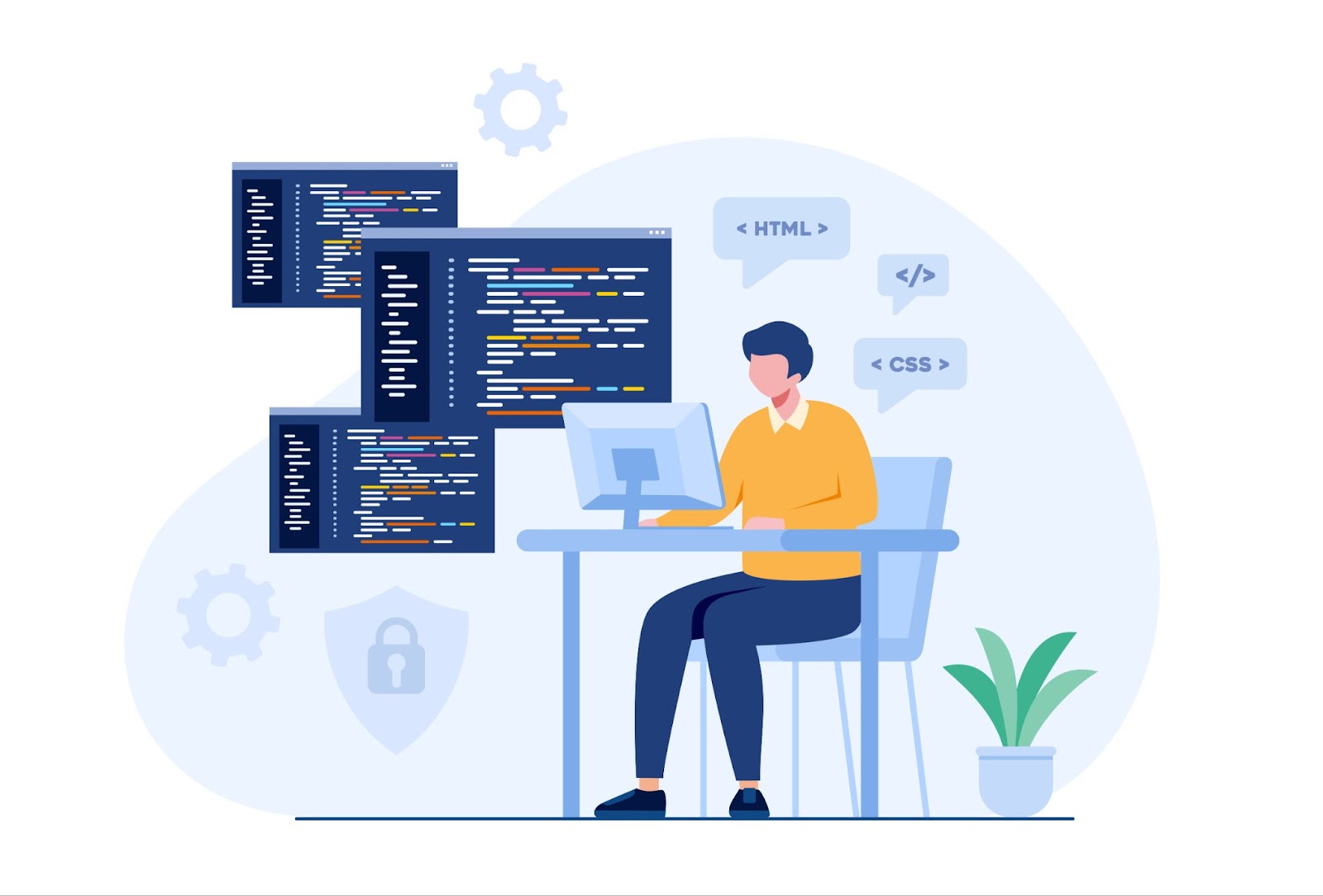In order to protect your company from data breaches, phishing attempts, malware and ransomware, and hackers, it’s crucial to stay on top of the latest technologies in cybersecurity. If your company is too small for an IT team or you need more robust IT security services, you can hire an IT consultant. IT consulting services include assessments of your systems and implementation of safety and security features that will protect you from cybersecurity threats. The latest trends in cybersecurity are robust, proactive controls that safeguard information, enhance security, and reduce the risk of threats.
Artificial Intelligence (AI) & Machine Learning (ML)
Artificial intelligence and machine learning have been gaining traction in the world of cybersecurity, but these technologies are still emerging and may not be fully reliable for protecting user data. Here at Silverado Technologies, we recommend continuing to utilize cybersecurity solutions with a human touch to ensure that your business is fully protected.
Behavioral Biometrics
One of the newest approaches to cybersecurity is behavioral biometrics. Behavioral biometrics uses machine learning algorithms to study, analyze, and predict user behavior. An IT security team can use this technology to identify patterns in user interaction with technology and devices. It’s possible to gather information about typing speed, mouse movement, and navigation throughout a website or system. Analyzing these patterns makes it easier to identify potential threats and detect hackers who have gained access to a user’s account, computer, or software system.
Zero-Trust Architecture
Zero Trust architecture is a security model that demands identity verification for any device or person that attempts access. Because it makes such strict, stringent demands on users, it is harder to unlawfully break into the system. The model assumes that no user should be trusted, even ones attempting to log in from the organization’s own network. Using Zero Trust architecture has become increasingly popular over the years as cyberattacks and hackers have become more aggressive and sophisticated.
Password Managers and Single Sign On Solutions
Juggling multiple passwords can be frustrating for users, which may lead to the creation of repetitive, weak passwords that can compromise security for your business’s data and applications. Password managers allow users to store all their passwords in a secure, cloud-based vault, so they autofill login credentials as needed. Alternatively, some businesses prefer single sign on solutions, which use a single login to access various apps launched through a single portal. This system can be advantageous, as it allows your organization to see which users have access to different applications. Plus, access can be granted or revoked with ease.
Security Operation Center
Cyber attackers have only become more sophisticated through time, which means that for most businesses, managing cybersecurity in-house is simply not feasible. Instead, organizations are increasingly relying on security operation centers, which provide around-the-clock monitoring to assess and respond to threats.
Cloud Security
Cloud security solutions are integral to any business that uses cloud storage and wants to protect itself from cyber attacks. Cloud security technologies include multi-factor authentication, encryption, and access controls. These tools ensure that only authorized users can access work products, data, and systems stored in the cloud. If you are among the growing number of businesses that manage a remote or hybrid office and rely on cloud solutions for collaboration, it’s standard to implement cloud security technologies.
Multi-Factor Authentication (MFA)
Even the strongest passwords may be vulnerable to hackers and security breaches. Multi-factor authentication offers a solution by requiring secondary credentials to gain access to applications or sensitive data. Multi-factor authentication may utilize passwords, biological factors like fingerprints or facial recognition, and push notifications or text messages delivered to a designated smartphone. If your business relies on cloud services that can be accessed by remote users, MFA will be essential.
Internet of Things (IoT) Security
IoT devices have sensors, software, processing abilities, and other technologies that exchange data over communication networks, the internet, or other devices. IoT devices include smart devices like televisions, speakers, toys, wearables, and appliances. These devices are particularly vulnerable to cyberattacks, especially because many people never update them from default factory settings. Implementing IoT security technologies like encryption, access controls, and monitoring allows you to protect IoT devices and their data.
Enhance Your Company’s Cybersecurity in Tucson, AZ
If you’re not sure where to begin to enhance your company’s cybersecurity in Tucson, AZ, our team at Silverado Technologies can help. We offer IT security and IT consulting services to businesses throughout Arizona, across all industries. Our knowledgeable team specializes in an aggressive, comprehensive approach to cybersecurity that includes cloud services and disaster preparation and recovery. Our IT security solutions include email encryption, spam filtering, and mobile device management. We also implement ongoing risk assessments, compliance audits, and disaster recovery strategies. We offer expert IT support and tech support services, as well. To schedule a consultation, call us today at 520-903-1580 or contact us online.

